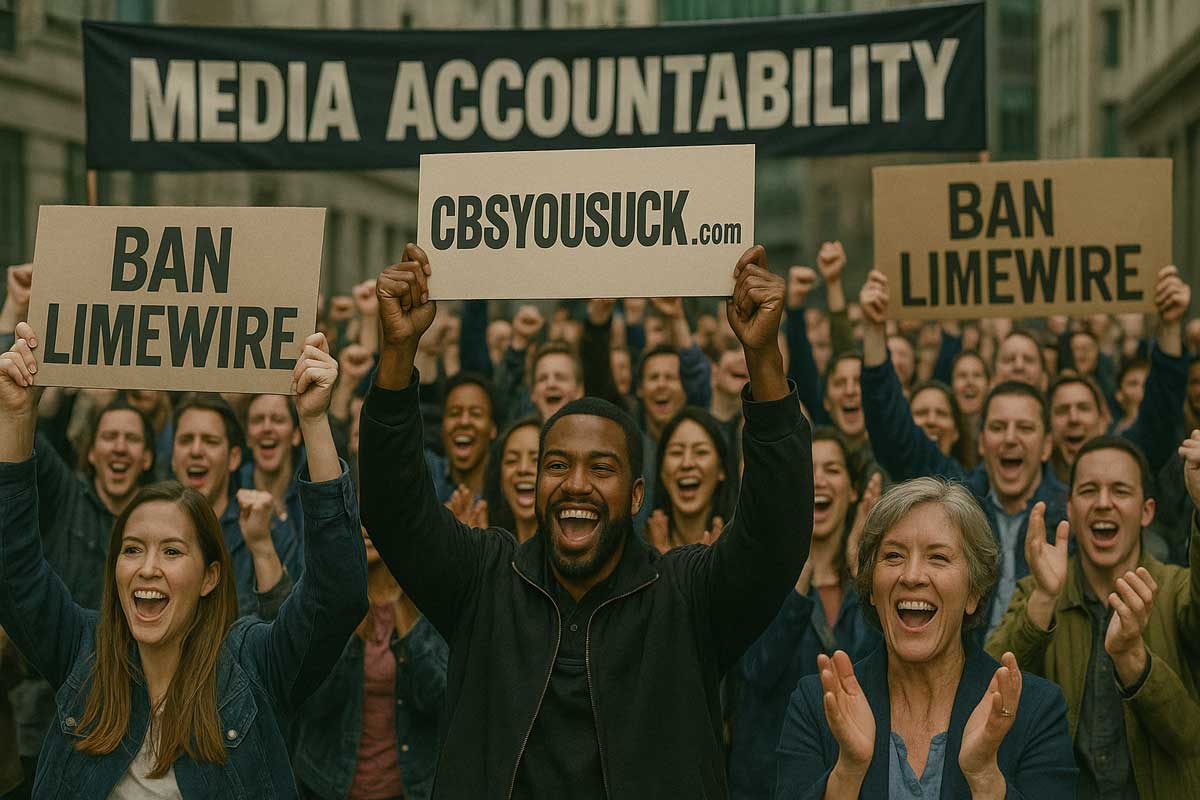The Pentagon has informed journalists that they must agree to new guidelines that prohibit the disclosure of unauthorized information, risking their access to the military facility. This shift comes alongside a series of new restrictions on journalists' movement within the Pentagon, historically known as the Department of Defense.
These measures follow multiple leaks in recent months, prompting Secretary of War Pete Hegseth to declare on social media, The 'press' does not run the Pentagon — the people do. The press is no longer allowed to roam the halls of a secure facility. Wear a badge and follow the rules — or go home.
The new protocols were outlined in a briefing document sent to journalists, who must now sign it to retain their press credentials at the Pentagon. While the department maintains its commitment to transparency, it also asserts that information must be approved for public release by authorized personnel, even if it is unclassified.
Signatories to the new agreement acknowledge that access might be revoked for unauthorized access or disclosure of classified or sensitive information. Chief Pentagon Spokesman Sean Parnell clarified that these rules are designed to protect national security and the safety of all facility personnel.
Hegseth, who has faced criticism over his handling of sensitive information, previously shared details about a military operation on a messaging platform that included a reporter. The administration's frustration peaked in June after leaked intelligence appeared to contradict public statements regarding US military operations in Iran, reflecting heightened sensitivity to information security at the Pentagon.
These measures follow multiple leaks in recent months, prompting Secretary of War Pete Hegseth to declare on social media, The 'press' does not run the Pentagon — the people do. The press is no longer allowed to roam the halls of a secure facility. Wear a badge and follow the rules — or go home.
The new protocols were outlined in a briefing document sent to journalists, who must now sign it to retain their press credentials at the Pentagon. While the department maintains its commitment to transparency, it also asserts that information must be approved for public release by authorized personnel, even if it is unclassified.
Signatories to the new agreement acknowledge that access might be revoked for unauthorized access or disclosure of classified or sensitive information. Chief Pentagon Spokesman Sean Parnell clarified that these rules are designed to protect national security and the safety of all facility personnel.
Hegseth, who has faced criticism over his handling of sensitive information, previously shared details about a military operation on a messaging platform that included a reporter. The administration's frustration peaked in June after leaked intelligence appeared to contradict public statements regarding US military operations in Iran, reflecting heightened sensitivity to information security at the Pentagon.




















